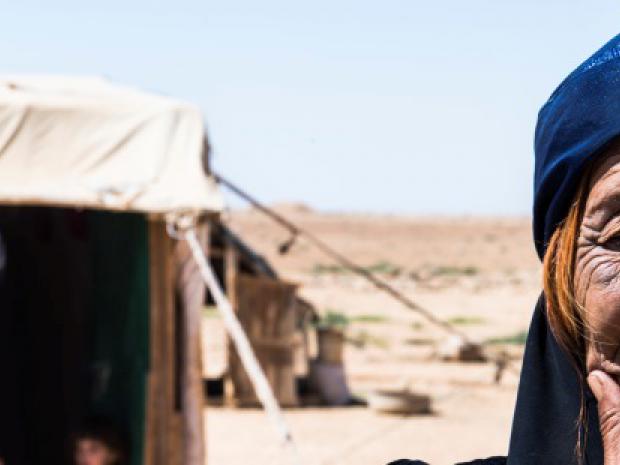World Humanitarian Summit must be 'turning point' in cooperation to tackle crises - UN chief
Discussion details

World leaders must come together in 2016 to renew their commitments to humanity and unite to prevent and end crisis and reduce vulnerability, United Nations Secretary-General Ban Ki-moon said on Wednesday, telling UN Member States that the World Humanitarian Summit will provide an opportunity for "concrete steps towards ending the suffering experienced by billions of people today."
"We need to show the millions of people living in conflict - with chronic needs and constant fear - the solidarity that they deserve and expect," the Secretary-General said at the launch of his report, One Humanity: Shared responsibility, for the first-ever World Humanitarian Summit, set for 23 and 24 May in Istanbul, Turkey.
UNEP Executive Director Achim Steiner said, "The humanitarian challenges posed by disaster and conflict today represent a heart-rending human tragedy that demands urgent action and a committed, compassionate global response. However, in the wake of acute crisis, root causes are often left unaddressed. All too frequently, degradation of the environment is one of these. Not only can environmental issues trigger or prolong a humanitarian disaster, they will often reignite a crisis after its immediate impact has been addressed. It is crucial then, as the Secretary-General convenes the World Humanitarian Summit in May, that we also acknowledge and act on these underlying causes."
Briefing Member States at UN Headquarters in New York, Mr. Ban underscored that the report outlines five core responsibilities for action - an 'Agenda for Humanity' - that all stakeholders should accept and act upon.
Specifically, the report urges leaders to assume their responsibility to prevent and end conflict; calls on States to affirm their responsibility to uphold the norms that safeguard humanity; appeals to States to leave no one behind and reach those who are furthest behind; underscores the responsibility to change people's lives by moving from delivering aid to ending need; and calls for investment in humanity, including enhancing local capacities, reducing risk and building effective and inclusive institutions, especially in fragile contexts.
Mr. Ban also stressed that the upcoming Summit is an opportune moment for world leaders to implement commitments endorsed this past year, including the Sendai Framework for Disaster Risk Reduction, the Addis Ababa Action Agenda, the 2030 Agenda for Sustainable Development, and the recent Paris Agreement on climate change.
"We must ensure no-one in conflict, no-one in chronic poverty, and no-one living with the risk of natural hazards and rising sea levels is left behind," said the UN chief, adding that: "Our aspirations are ambitious, but the urgency of the crises and the needs and expectations of hundreds of millions of people mean we must put this Agenda for Humanity into action."
"Istanbul is our first major opportunity since the 2030 Agenda was agreed to give true meaning to the principle of leaving no one behind and to devise more credible, equitable and sustainable responses to global humanitarian crises," UN General Assembly President Mogens Lykketoft said.
Find the full report here.
Find out more about the World Humanitarian Summit here.
Log in with your EU Login account to post or comment on the platform.